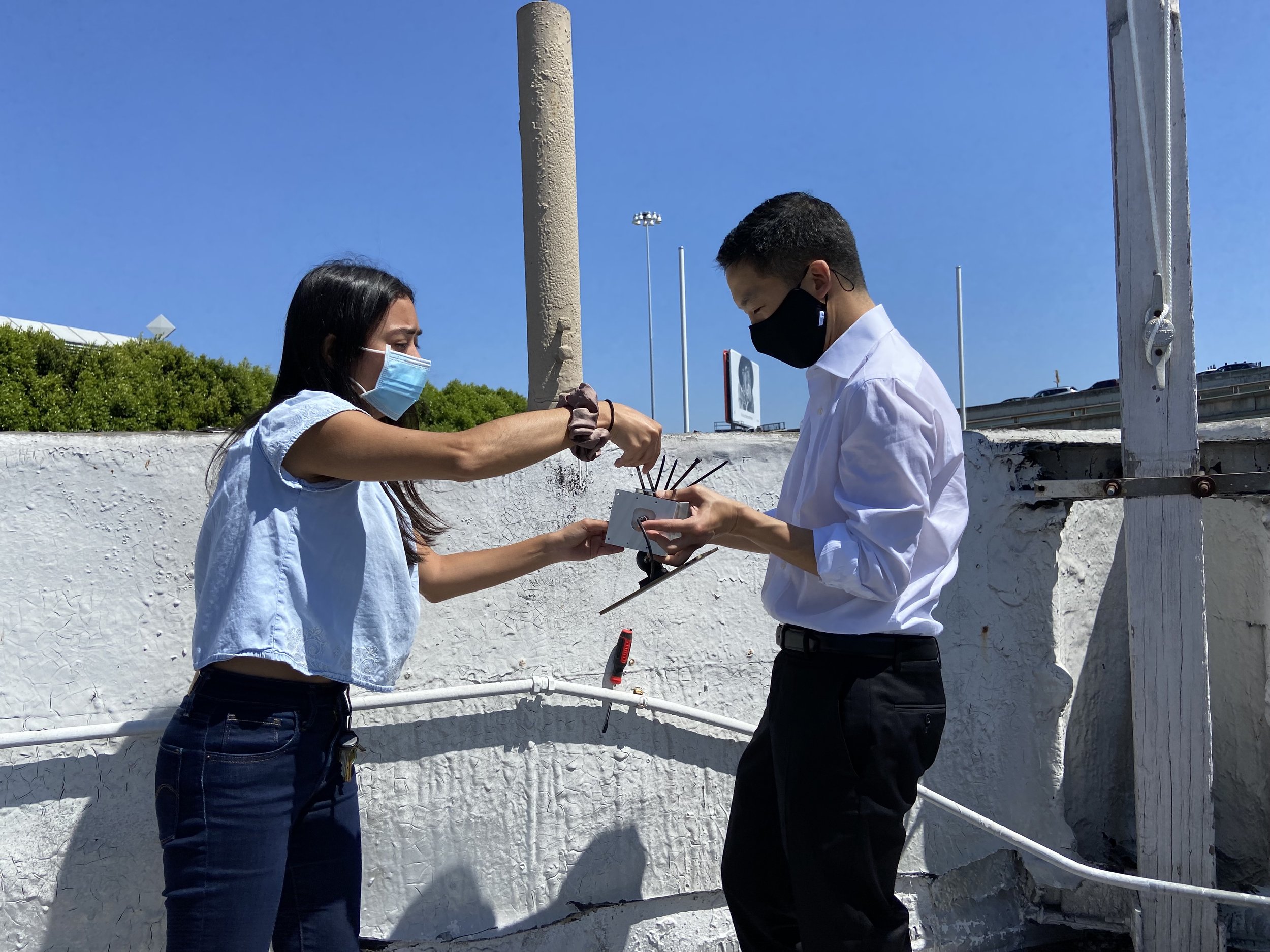California Air Resources Board
The Sustainable Transportation Equity Project (STEP) is designed to increase transportation equity in disadvantaged and low-income communities by funding planning and clean transportation projects and directly engaging community residents in clean transportation solutions. STEP achieves this via two grant types: Implementation Grants and Planning and Capacity Building Grants. Paid for by Cap-and-Trade dollars, the grants ultimately will help people get where they need to go — be it the doctor’s office or daycare — without using a personal vehicle.













